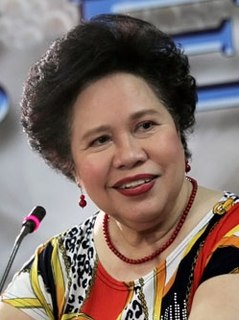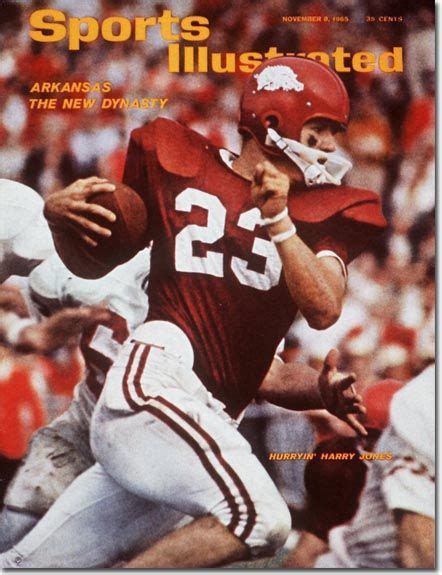A Quote by Amos Bronson Alcott
A true teacher defends his students against his own personal influences.
Quote Topics
Related Quotes
A teacher can never truly teach unless he is still learning himself. A lamp can never light another lamp unless it continues to burn its own flame. The teacher who has come to the end of his subject, who has no living traffic with his knowledge but merely repeats his lesson to his students, can only load their minds, he cannot quicken them.
Leonard [Nimoy] was such a teacher for me. He was one of the most fully realized human beings I have ever known on every level - in his personal life with his personal relationships and his love for his wife and his evolution with his family. Then as an artist, as an actor, as a writer, as a poet, and as a photographer. He never stopped.
The inner censor of the mind of the true believer completes the work of the public censor; his self-discipline is as tyrannical as the obedience imposed by the regime; he terrorizes his own conscience into submission;he carries his private Iron Curtain inside his skull, to protect his illusions against the intrusion of reality.
It is true that some have greater power of resistance than others, but everyone has the power to close his heart against doubt, against darkness, against unbelief, against anger, against hatred, against jealousy, against malice, against envy. God has given this power unto all of us, and we can gain still greater power by calling upon Him for that which we lack. If it were not so, how could we be condemned for giving way to wrong influences?
Some of Kant's particular moral opinions, either because he shared the prejudices of his time, or because of his own personal crotchets, can strike sensible people as ridiculous or offensive. But in my view, his own theory provides us with the resources (the best resources available, I believe) to correct his own personal errors or cultural prejudices.
You may give a piece of bread to a hungry person, and when the cravings of hunger return some one else must administer to his wants again; to put that person in a position to earn his own subsistence is true charity; in this way you direct his feet in the path of true independence, he is then only dependent on his own exertions and on the blessings of his God.


































